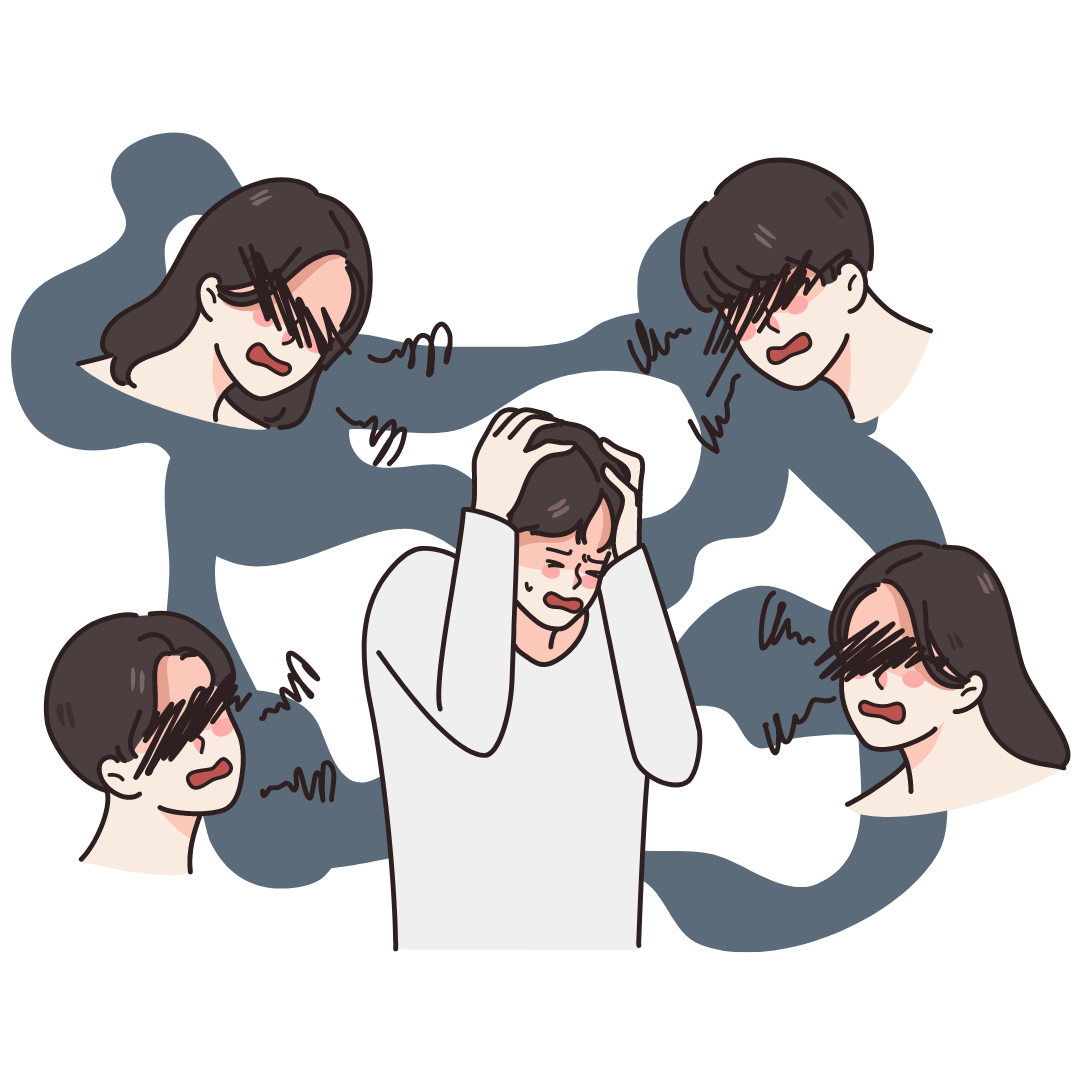Co-Occurring Mental Health Disorder: Schizophrenia
By DeAnza Bonzelaar
Substance use disorder and mental health disorder go hand in hand. In this post, we will look at psychosis in general, schizophrenia in particular, and the substances that can cause both.
Psychosis is defined as a gross impairment of reality testing. Features of psychotic disorders include:
- Hallucinations–sensory perceptions in the absence of external stimuli
- Delusions–firmly held false beliefs, even when there is evidence of the contrary
- Thought disorder–disruption in form or organization of thinking, seen from speech
- Disorganized or abnormal motor behavior
- Negative symptoms–decreased emotional expression, decrease in self-motivated and purposeful movements, no pleasure, asocial
Schizophrenia is a mental disorder “characterized by disruptions in thought processes, perceptions, emotional responsiveness, and social interactions.”¹ To be diagnosed with schizophrenia, one most display two or more of the above five features of psychosis for at least a month.
Substances can cause psychosis and lead to schizophrenia. During intoxication, sedatives, stimulants and designer drugs, cannabis, hallucinogens, and opioids can cause psychosis. With discontinuation, alcohol, benzos, toxins, steroids, anesthetics, and anticonvulsants can cause psychosis.
If you are engaging with someone who has schizophrenia, keep these things in mind:
- Pay attention to the emotions of the person
- Discuss the way you see the delusion
- Express that you are concerned about the person
- Offer to pursue therapy together but be strategic
- Ask the person why they believe as they do and be open-minded
- Avoid getting frustrated and expressing that to the person
- Learn about Cognitive Distortions or Thinking Errors
- “Schizophrenia,” National Institute of Mental Health (U.S. Department of Health and Human Services, n.d.), accessed August 11, 2022, https://www.nimh.nih.gov/health/statistics/schizophrenia.
Subscribe to the resource blog below
[pum_sub_form name_field_type=”fullname” label_name=”Name” label_email=”Email” label_submit=”Subscribe” placeholder_name=”Name” placeholder_email=”Email” form_layout=”block” form_alignment=”center” form_style=”default” privacy_consent_enabled=”yes” privacy_consent_label=”Notify me when new resource blogs are posted.” privacy_consent_type=”radio” privacy_consent_radio_layout=”inline” privacy_consent_yes_label=”Yes” privacy_consent_no_label=”No” privacy_usage_text=”If you opt in above we use this information to notify you when new resource blogs are posted”]
We strive to be a resource for those involved personally in addiction and for affected loved ones. Within our resource blog, we post information on topics such as substance use disorder and addiction, mental health, and treatment and recovery among others. Let us know what other topics you would like to learn more about.

